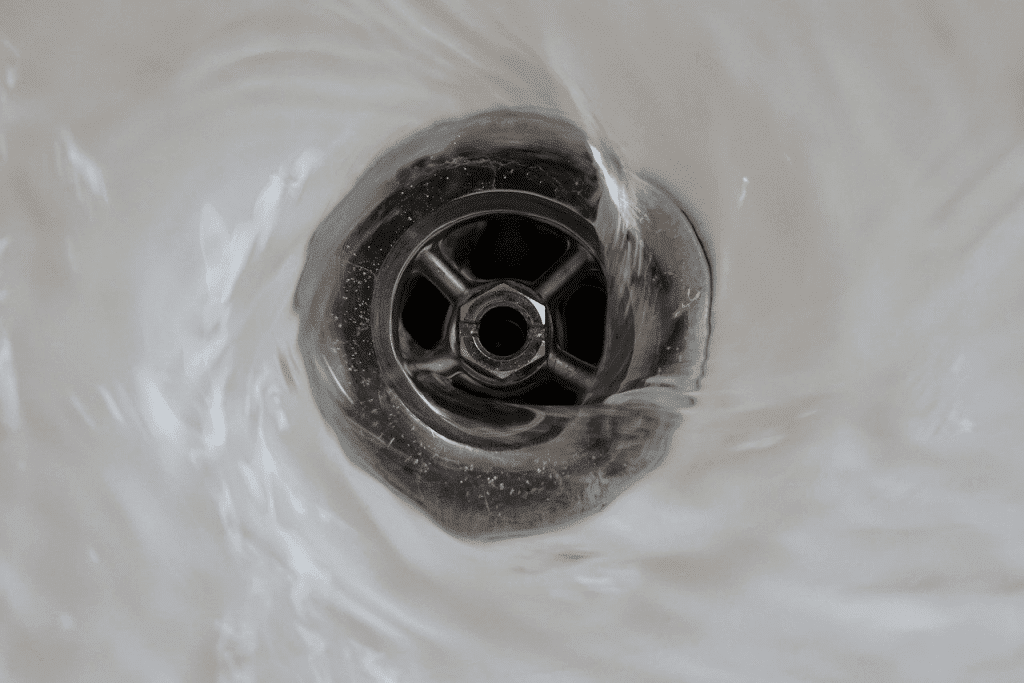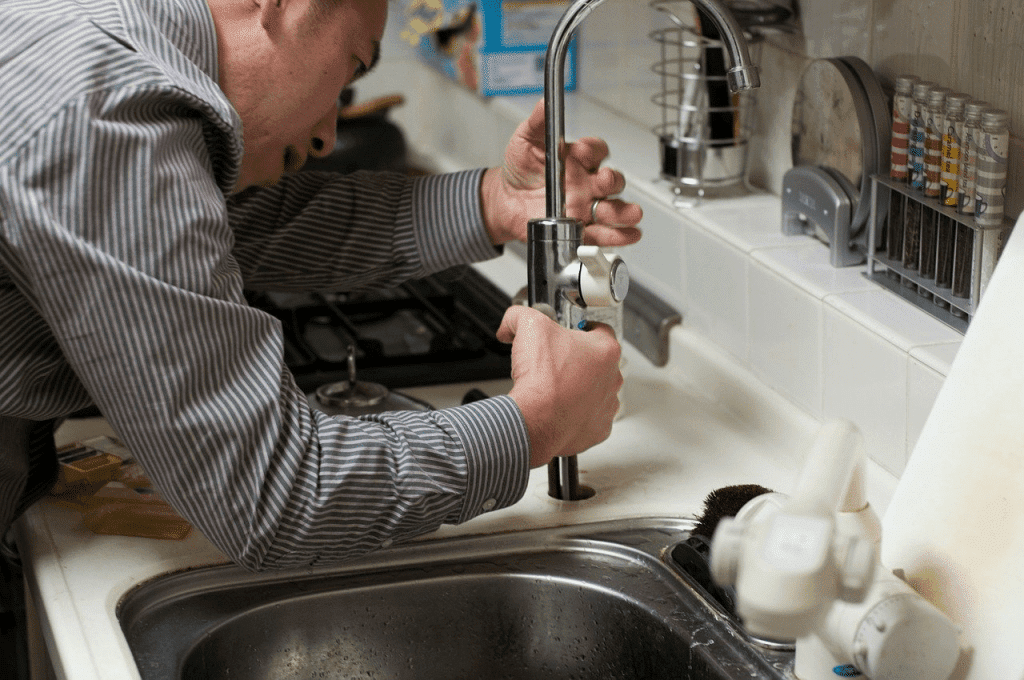How to Take Care of Drains All Year Round
There are probably a million and one jobs you feel you need to do around the home, and looking after your drains isn’t necessarily at the top of your list.
Drains can easily be neglected and forgotten about. Most of us simply assume drains are working fine and need no attention – until it’s too late. Looking after your drainage at home is something to be remembered and thought of all year round, and needn’t be laborious or hard work.
We have spoken to experts in the field of plumbing and drainage to put together a year-round plan to help you take care of your drains at home. Read on to find out everything we learned and begin to put your own plan together for drain maintenanceMaintenance is the routine care, inspection, and repair of a... More at home.
Types of Drains at Home
There are a couple of familiar drains at home that you will encounter every day, but maybe don’t regularly consider. The experts over at allserviceplumbers.com/los-alamitos/ said that people rarely understand how the drains work or what issues can damage, block, or break the drainage systems. Let’s have a quick look at them and explain a few common problems with each.
● Bathroom Drains
In your bathroom, you most likely have a sink, bath or shower, and a toilet. Each of these disposes of water through a drainage system. In the bath and sink, you’ll have a plug hole, and the toilet drains through a pipe at the back when flushing. The most common issue with the bath and shower drains is hair. When you wash your hair or shave your face and legs, you are disposing of hair down a plug hole. This can quickly block up and cause slow drainage and bad smells as the water sits in the pipe. The toilet is less likely to be blocked by hairs due to the pipes being much larger. Regardless, no one likes unblocking a toilet. Toilets block when larger items are accidentally dropped into them or too much paper is put down them.
● Kitchen Drains
In every kitchen, there is a sink. In that sink, you probably rinse or wash dishes, wash your hands, and even rinse vegetables. When you wash your dishes, small particles of food can slowly build up to a large blockage in your pipe. This, again, can cause extremely bad smells over time and cause your sink to drain very poorly.
What Not To Put Down The Drain
So, what should you definitely avoid putting down your plugholes to avoid causing blockages? Firstly, as discussed, food. Any food, no matter how small or soft you believe it to be, can catch, stick, and slowly build up in your drainpipe. Some of the worst foods to put down your drain include pasta, rice, and potato. All of these foods are very starchy and tend to expand when wet – not what you want in a drain! Similarly, avoid pouring any oils or grease into your plug. These are the main cause of fatbergs (build-ups of fatty deposits), which wreak havoc on drains small and large.
We may think that some less solid items can be thrown down the drain with no issue, such as coffee grounds or flour. Sadly, we’d be wrong. Coffee grounds are very good at sitting in the bottom of a u-bend in a drain even when water is flowing past them. This makes them the perfect start to a drain blockage problem. Plus, coffee grounds make far better compost than they do drain fodder! Flour, on the other hand, is extremely good at absorbing water. Think of making bread dough and how much sticky, glue-like flour sticks to your hands. If you pour flour down the plughole, you are asking for this to happen inside your drain – not good.
Mesh Grills
One of the easiest tricks to help stop blockages in all household plugs is to use simple mesh grills. These are small, round, metal objects that fit into or sit on top of your plughole. They are mesh or slotted to let the water flow through them easily, but the gaps are small enough to ensure no hair, food particles, or anything else gets through. You can pick them up from any hardware store for a very small amount of money, so it’s really a no-brainer to use them. Most drainage problems come from simple blockages that have built up over time, and these grills are the perfect way to stop that from happening.
Power WashingPower washing is a cleaning method that uses high-pressure w... More
Many plumbers and plumbing companies recommend power washingPower washing is a cleaning method that uses high-pressure w... More your drain annually or every six months. Usually, unless you have been particularly careless with your drains, once a year is enough to ensure blocked drains are treated and prevented from becoming an issue. A plumbing specialist will use a high-pressure power washer to blast water down your drains, shaking anything stuck loose. This clears your drains and allows water to flow freely once more.
On top of this, they have flexible cameras and lights, meaning they can look down your drains and find any more serious issues such as cracks or faults in your piping. You should definitely regularly book one of these services from an expert.
Spotting an Issue
Another thing to consider is educating yourself on some of the tell-tale signs that a drain needs some attention. The first and most obvious sign is, of course, poor drainage. If you’re washing dishes and then waiting for water to drain for 15 minutes, you’ve got an issue!
Another issue to be very aware of is leaks you may find. Even small leaks can leadLead is a heavy metal that can be toxic to humans, especiall... More to serious water damage in your home if not addressed. If there’s any water running down underneath a sink or bath, it’s time to seek help. Finally, make sure you take note of any surprising or unpleasant smells in the house. This could be both a sign of a blockage in a drain or leakage from a pipe. Both can cause strong odors and should cause a call to the plumbers immediately.
If you keep these things in mind all year round, you will be on your way to a healthy water system with great drainage. Don’t ignore any of the tell-tale signs, and don’t be afraid to call a plumber for help when needed. If your pipes and drains haven’t been serviced in a while, book a service as soon as possible.














